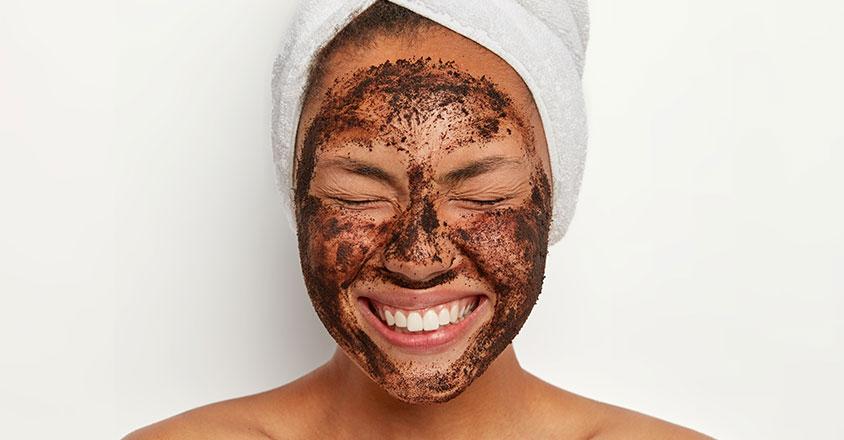

Peeling back the layers of exfoliation
It can be easy to get caught up in the latest skincare trends. Facial this. Serum that. What does it all mean?
Let’s learn about one of the most talked about skin treatments, exfoliation.
The American Academy of Dermatology (AAD) defines exfoliation as removing dead cells from the outer layer of the skin. While exfoliation isn’t going to cure your wrinkles, it can help with some common woes, such as dry and flaky skin.
Types of exfoliation
Exfoliation is commonly done on the face, arms and legs. Harvard Health describes two primary methods of exfoliation, mechanical and chemical. Mechanical (or physical) exfoliation uses a loofah, brush or scrub to remove dead skin cells. It can open pores and help with acne.
Chemical exfoliation incorporates chemicals, such as acids, to dissolve skin cells. This method is used to improve uneven pigmentation, acne and skin glow.
Dos and don’ts
Before you begin an exfoliation regimen, Harvard Health and the ADD offer these tips:
Gently rub a washcloth against your skin to see how it reacts.
Consider your skin type. For drier skin, use a washcloth with lower concentrations of chemical exfoliants, such as salicylic or hydroxy acids. Oily skin can often handle stronger chemicals or mechanical exfoliation.
If using a chemical exfoliator or scrub, apply it using small circles for 30 seconds. Wash off with lukewarm water. Use minimal pressure if using a sponge or a brush.
Apply moisturizer when you’re done to help restore hydration.
Exfoliate no more than a few times a week so your skin can recover between sessions. If not performed carefully, exfoliation can irritate your skin. Avoid exfoliating if you are sunburned or have open cuts. Over-scrubbing can also lead to inflammation. Plus, some skin types don’t respond well to exfoliation.
So, what happens if you don’t exfoliate? Harvard Health says exfoliation isn’t required. Your skin may look and feel bumpy and makeup application may not be as smooth. However, with all its benefits, proper exfoliation can be a fresh step in your beauty routine. Talk to your dermatologist if you have questions or need to address more advanced concerns.
Ready to get healthy?
Sign up for our digital newsletters to receive health tips, recipes, success stories for inspiration and information about new doctors to help you on your journey to better health.
Genesis HealthCare System’s Health and Wellness content conveniently provides accurate and helpful information. Your health history and current health may impact suggestions provided through our Health and Wellness content. Although we hope this information is helpful, it is not a substitute for your doctor's medical advice. Before making any significant changes, please consult your doctor.



